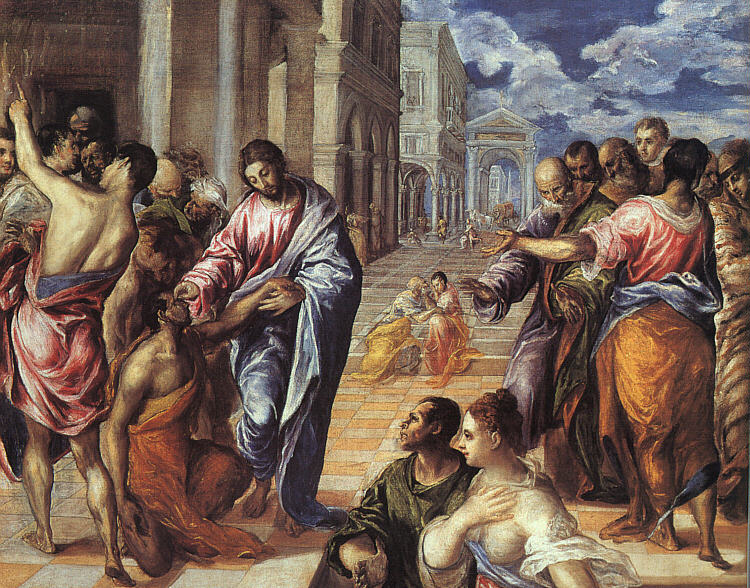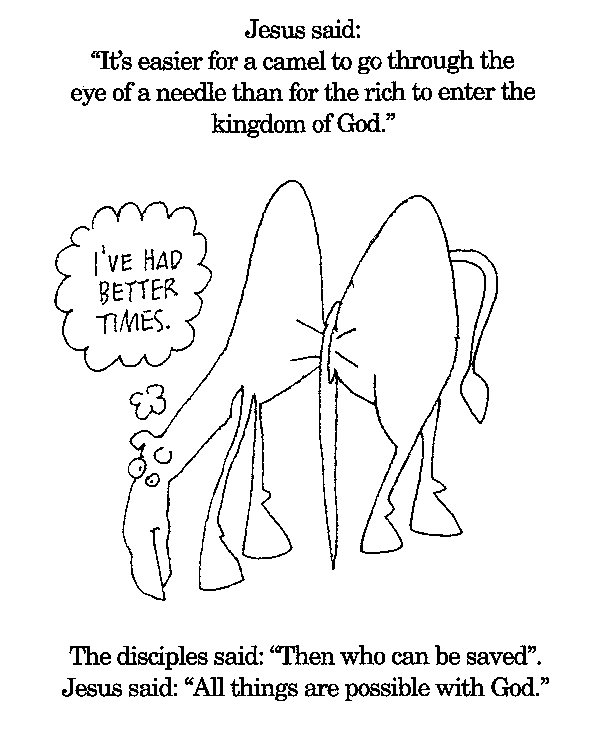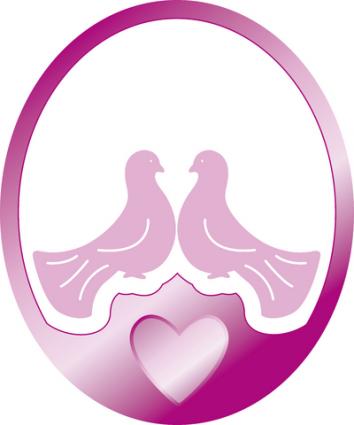MARY, MOTHER OF GOD - Luke 2:16-21
We begin the New Year in the company of Mary, the “mother of the Lord” (Lk 1:43). It is with her that we ask God’s blessings, mainly the good wine of love and peace.
In the Catholic Church, the first day of the Year is a day of prayer for peace and of reflection on what should be done to bring peace into our world. For the World Day of Peace, Pope Francis guides us on a reflection about politics and peace, affirming that “Good politics is at the service of peace” (see http://w2.vatican.va/content/francesco/en/messages/peace/documents/papa-francesco_20181208_messaggio-52giornatamondiale-pace2019.pdf). A good politician is someone who is committed to building a society based on justice, without exploitation and oppression. At the heart of his decisions and his actions, a good politician tries to put into practice the great commandment of love.
In his message to the World Day of Peace, Pope Francis quotes the “Beatitudes of the Politician”, “proposed by Vietnamese Cardinal François-Xavier Nguyễn Vãn Thuận, a faithful witness to the Gospel who died in 2002:
Blessed be the politician with a lofty sense and deep understanding of his role.
Blessed be the politician who personally exemplifies credibility.
Blessed be the politician who works for the common good and not his or her own interest.
Blessed be the politician who personally exemplifies credibility.
Blessed be the politician who works for the common good and not his or her own interest.
Blessed be the politician who remains consistent.
Blessed be the politician who works for unity.
Blessed be the politician who works to accomplish radical change.
Blessed be the politician who works for unity.
Blessed be the politician who works to accomplish radical change.
Blessed be the politician who is capable of listening.
Blessed be the politician who is without fear.”
Psalm 67:2-3,5,6,8
And we can ask God’s blessings with the Psalm 67
O God, be gracious and bless us.
O God, be gracious and bless us
and let your face shed its light upon us.
So will your ways be known upon earth
and all nations learn your saving help.
O God, be gracious and bless us.
Let the nations be glad and exult
for you rule the world with justice.
With fairness you rule the peoples,
you guide the nations on earth.
O God, be gracious and bless us.
Let the peoples praise you, O God;
let all the peoples praise you.
May God still give us his blessing
till the ends of the earth revere him.
O God, be gracious and bless us.
May the Lord bless you all and give a New Year full of his graces. May he grant you peace.







:max_bytes(150000):strip_icc()/90337196-crop-56a107f75f9b58eba4b6fa7c.jpg)







